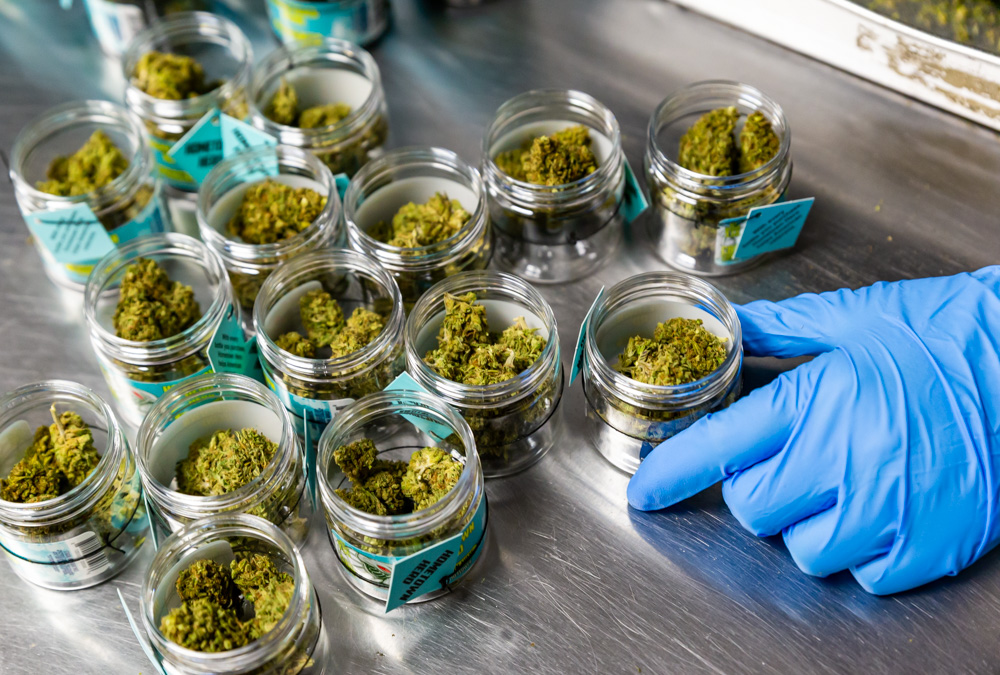Study Reveals Legal Ambiguities in Hemp Delta-9 THC Products, Calls for Regulatory Revisions
LOS ANGELES– A recent lab study conducted by cannabis consumer research company CBD Oracle and InfiniteCAL Labs has shed light on the complexities surrounding hemp delta-9 THC products. The study analyzed 53 popular hemp delta-9 THC products and found that 26% of them sourced THC from federally-illegal marijuana plants using a proprietary analytical method.
Under the current regulations set by the 2018 Farm Bill, hemp products are required to contain less than 0.3% delta-9 THC by dry weight to be legally classified as hemp. However, the loose definition of hemp unintentionally resulted in a range of intoxicating products that met the legal threshold. For instance, a 10 gummy could legally contain approximately 30 mg of THC and still be sold as “hemp delta-9.”
The lab study revealed that 49% of the analyzed products included delta-9 THC produced by chemically modifying CBD, a process commonly used to convert CBD into delta-8 THC, an isomer of delta-9. Such products were marketed and sold as “hemp,” exploiting the ambiguity in the existing regulations.
Additionally, the research highlighted that 66% of the products differed from their stated dosage by more than 10%, and a concerning 75% were not tested for impurities by their manufacturers.
Through a new analytical strategy presented in the study, researchers concluded that a significant portion of hemp delta-9 products did not use THC naturally produced by the hemp plant. Instead, they relied on banned reactions or illegally sourced delta-9 THC from marijuana plants. This revelation implies that, in certain states, over 75% of hemp delta-9 products are potentially illegal.
Dr. Erik Paulson, the lab manager at InfiniteCAL, cautioned against the prevalent use of non-naturally occurring delta-9 THC in hemp products. He emphasized that “a vast majority of ‘hemp-sourced’ or ‘hemp-derived’ delta-9 THC is either cannabis-derived delta-9 or, even more commonly, delta-9 converted from CBD isolate. Although this route starts with hemp, it involves a chemical reaction to create this form of delta-9 THC and thus is not naturally occurring from hemp and is potentially dangerous.”
Given these findings, the paper calls on governments to take proactive measures to address the issue. The study advocates for the establishment of maximum THC doses per serving for hemp products, the implementation of age limits for consumers, and the mandatory lab testing of hemp products to ensure consumer safety.
As the hemp industry continues to grow, regulatory revisions and clearer guidelines are essential to safeguard public health and prevent the proliferation of potentially unsafe hemp delta-9 THC products in the market.



































